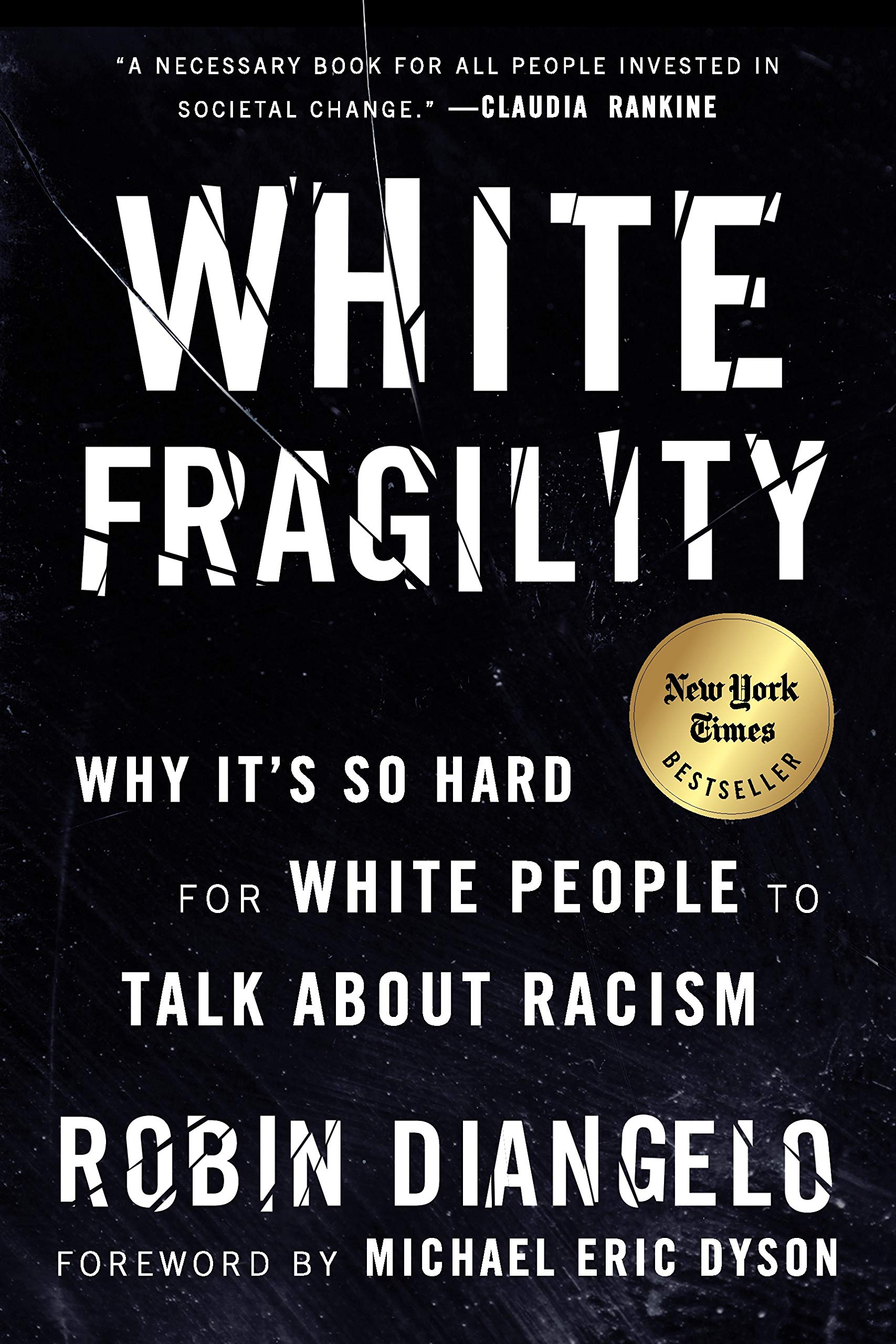Socialized and Institutionalized - Racism Among American Liberals
Thank you, my Good Friend for recommending “White Fragility: Why It’s So Hard for White People to Talk About Racism” by Robin DiAngelo (2018).
In our own social interactions and Human Resource work, it’s important to understand the things we do not know, the things we think we know, and how our vision can be short-sighted even when well-intentioned. On that point, DiAngelo instructs, advises and admonishes white people to listen more, talk much less, and so importantly, understand that we are socialized into racism so well we often don’t see how we end up supporting racism. Feedback about our privileged behavior is essential and I/we must shut up and listen deeply.
It is difficult to show gratitude for a lesson we thought we learned but practice so poorly. This lesson is valuable and mind altering. I must “see” that. As progressive liberals, we think we know it already, feel it, and practice it. This book is a gentle reminder that we do not. We may be making the situation even worse.
Race and gender are social constructs that we build and use collectively and individually. We never say “the white author, Ernest Hemingway” or “the beautiful white actor, Anne Hathaway.” Why would we attribute color or race for anyone else?
DiAngelo says, rhetoric is a powerful tool and more so with social media. To acknowledge someone’s success and label them by appearance is to marginalize them and imply that their accomplishments are even more impressive among “their type.” This is demeaning and not supportive after all. How we celebrate Black History Month needs an adjustment, says DiAngleo.
We understand that many people have racist thoughts and begin to truly understand that only white men, and occasionally white women, have the power to manifest their racism into institutions and law. DiAngelo’s race/power data is unsurprising but still overwhelming. White supremacy is far broader and ubiquitous than we may be comfortable admitting. White supremacy involves real estate, schools, laws, investment, literature/publishing, and yes, religion. White Nationalists have chosen this banner to differentiate, in our minds, that they are different from racists and other supremacists. They are not, they are marketing a cause.
Intergenerational social interactions are fraught with loaded racism. We don’t shush a child who says, “look at the beautiful lady” but we may if they say, “look at the black man.” By doing so we are reinforcing that race is something bad and not a subject for discussion. Question: why would a child say, “look at the black man” if there were no racism at home or in school?
But you say younger people have no idea of racism? The data says you’d be wrong. 41% of millennials have “adaptive racism” or the New Racism. This allows to them to build group consensus and social connection through racist humor, obsessive attention to hierarchy, and place themselves in elevated social positions.
Our speaking habits expose us. “I’m not racist, I have black friends” is an attempt to switch the narrative and continues to enforce the differences and perceived unique qualities. This is aversive racism. The solution: shut up and listen. We have to challenge our own filters but first we must consider that our behaviors need changing. The conversation is not about you or me, it’s about everyone.
Do you want to test your inherent racism? Answer this question: I am free to vacation anywhere without consideration for safety and danger. Yes or no? What you think about is almost solely concerned with race.
DiAngelo says, using the words, “us, them, they, the others, and those people” invokes a sense of difference almost exclusively based on race. Are we silent when someone tells a racist joke? Then we’re supporting racism. Do we defend our non-racist beliefs and practices loudly and leave the group in a huff? Congratulations, you’ve just used emotions to bully someone into ending the race discussion. And that is supporting racism due to our lifelong socialization process. Thank you, Robin DiAngelo for your work.
Your Deeply Grateful Friend
#race #racism #RobinDiAngelo #WhiteFragility #WhiteSupremacy #WhiteNationalism #LetsTalkAboutRace #JustListen #BlackLivesMatter
